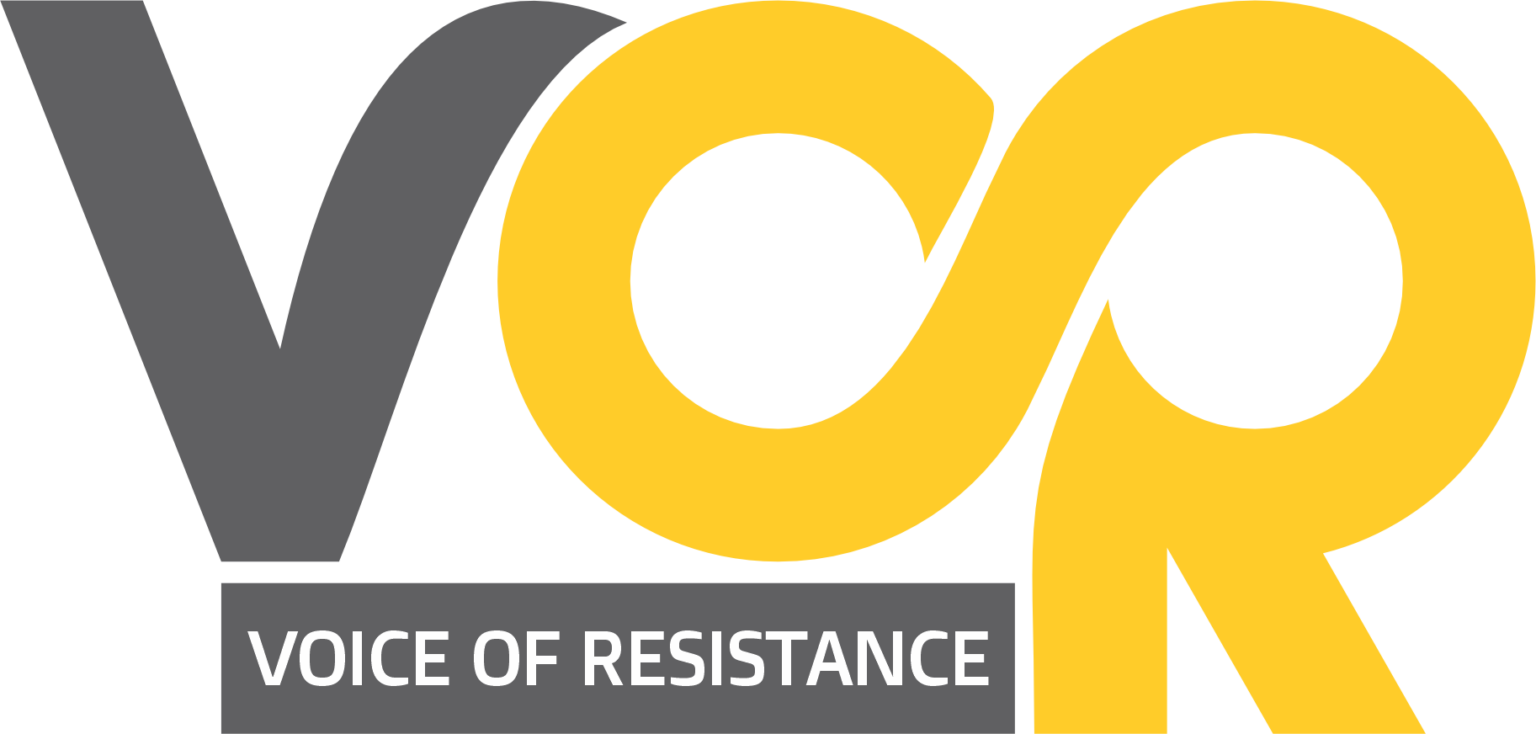
What is Happening in Doda? A Glimpse into the Smokescreen of ‘Democracy’ in Kashmir
Gowhar Bhat
Barely a month into office, the new “chief minister” (read new municipality mayor) of Jammu and Kashmir has revealed the real face of the administration by targeting independent journalism. A local news portal in Doda district recently dared to release a video report exposing how a well-known activist was booked under the draconian Public Safety Act (PSA). His “crime”? Raising public issues and criticizing the local administration for dumping garbage near his home, setting it on fire, and creating a hazardous environment for nearby residents—all this despite municipal funds meant for proper garbage disposal lying unutilized.
The PSA, termed by the Amnesty International as lawless law, has once again been weaponized—not against criminals, but against voices of dissent. This activist, whose only offense was advocating for basic rights and a cleaner environment, was swiftly labeled an “overground worker” of armed resistance groups. It’s a classic move by the occupying authorities. A readymade accusation to slap a fabricated label, weaponize fear, and silence voices.
The puppet administration’s response didn’t stop at detaining the activist. The puppet regime issued a menacing warning that many others are “on the radar,” creating a chilling effect for local residents. This surely isn’t governance they have been boasting about. It’s a systematic clampdown on dissent wherein they ensure that no voice rises above the suffocating narrative scripted in New Delhi.
Days before this incident, the very same government’s chief puppet assured journalists that his administration would uphold freedom of the press and avoid “high-handedness.” The audacity of such claims! Perhaps irony has met its ultimate grave in this occupied territory. The reality is that every shred of media freedom in Jammu and Kashmir is carefully choreographed. Journalists who refuse to toe the line are harassed, threatened, or silenced—sometimes permanently.
Some had naively hoped that the return of a local government, even one handpicked by New Delhi, might ease the oppression. But the situation on the ground paints a starkly different picture. Client politicians have no real power to intervene, even in the smallest of matters. Recently, a young man from central Kashmir was picked up from the streets without any explanation or reason. Despite frantic attempts by the local MLA to contact the concerned police station, even the Station House Officer (SHO) refused to respond and entertain him.
This is the state of affairs. A client regime in an occupied territory, parading as “democratically elected,” yet completely powerless to protect even its own loyalists. What, then, can ordinary citizens expect? The farce is obvious. These politicians are not representatives of the people. They never were. They are mere pawns, tools of occupation and their strings are pulled by forces far removed from the land they pretend to govern.
None of this is new. The use of the PSA to target activists, journalists, and students has been a well-worn tactic in the occupier’s playbook. Doda’s incident is eerily reminiscent of past crackdowns across Kashmir, where entire villages were declared “sympathetic to militants” and put under collective punishment. In 2016, after the martyrdom of Burhan Wani, mass arrests swept the region. Thousands, including minors, were detained under vague accusations. Families had no recourse, no justice, only silence. Today, that same silence is being enforced with greater efficiency. Surveillance has intensified, informants are everywhere, and fear is the currency in which this so called administration and their master’s trade.
Let us not delude ourselves into pinning hopes on these client politicians. They have, for decades, represented New Delhi’s interests in Kashmir, not the aspirations of its people. They are the ones who signed off on laws that stripped Kashmiris of their autonomy, facilitated demographic engineering, and turned a blind eye to the countless disappearances, killings, and torture that define life in our beloved homeland. To expect change from such figures is to misunderstand their role in the machinery of occupation. Change will not come through them; it will come despite them. The struggle must continue—not just against the occupier but also against its collaborators. Every form of resistance, from raising awareness to standing in solidarity with the persecuted, chips away at the facade of legitimacy they try to construct.
This incident of threatening the news portal in Doda is a microcosm of the larger battle for truth in Kashmir. It is a reminder that speaking out comes with risks, but silence comes with complicity. The journalist, the activist, the ordinary resident—all who stand against injustice in whatever way they can are the true representatives of this land. The question is not whether oppression will end. History shows that no occupying force can hold a land indefinitely. The question is how long it will take and how much more suffering must we face before the tide turns. For now, Doda’s story is just one more chapter in the ongoing saga of Kashmir’s fight for dignity, justice, and freedom. And it’s a story that must be told—loudly and boldly.



